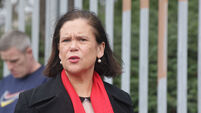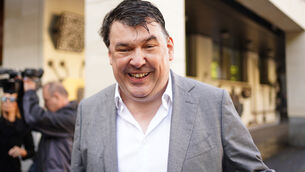Our sports heroes cheered us up before – they need to do it again
It was the era of the great Kerry team that won seven all-Ireland football finals from 1978 to 1987. The team came within minutes of an unprecedented five-in-row in 1982.
Many people actually arrived home in Kerry thinking the team had won. They had left Croke Park to get the early train with a few minutes to go when Kerry went four points up.














